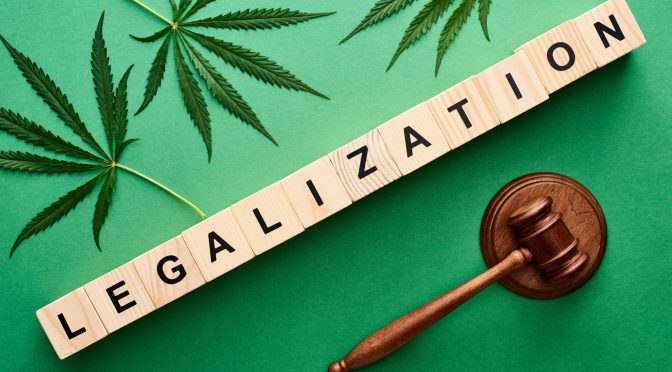Hiring and Testing New Employees
07.06.2023 Written by: Henningson & Snoxell, Ltd.

Minnesota has become the 23rd state to legalize recreational marijuana, which goes into effect on August 1, 2023. This means that adults (21 and older) may possess and use recreational marijuana anywhere in the state of Minnesota, except on federal property. As an employer, however, such use may have the same implications as the use of alcohol or other prescription drugs while on the job. Here is what you need to know when hiring and testing job applicants as of now.
Hiring
The use of recreational marijuana is illegal until August 1, 2023, so any test that comes back with a positive result for THC can still be subject to disciplinary action prior to that date.
After August 1, an employer may not:
- Refuse to hire a job applicant based on an applicant’s use of cannabis products while off the employer’s premises during nonworking hours;
- Request or require a job applicant to undergo testing solely for the purpose of determining the presence or absence thereof as a condition of employment;
- Refuse to hire a job applicant solely based on a positive result for cannabis (unless required by state or federal law—for example, safety-sensitive positions);
- Request or require a job applicant to undergo cannabis testing on an arbitrary or capricious basis; and
- Withdraw an offer to a job applicant whose offer was contingent on passing a cannabis test, without a verification of a 2nd positive result from a confirmatory test (only for applicants of certain positions).
An employer may:
- Request a cannabis test only after the employer has provided an appropriate form detailing the cannabis testing policy;
- Request or require cannabis testing for a job applicant for certain positions.
An employer can request or require cannabis testing in three instances:
- After an employer presents the employee or job applicant with a form detailing the cannabis testing policy—as with drug and alcohol testing policy requirements.
- If the employee or job applicant is or will be working in one of the positions specified by statute (including but not limited to safety-sensitive positions, peace officer positions, and several others).
- If an employer has reasonable suspicion that the employee:
- Is under the influence of drugs or alcohol;
- Violated the employer’s written work rules prohibiting such use;
- Sustained a personal injury or has caused another employee to sustain a personal injury; or
- Caused a work-related accident or was operating or helping to operate machinery, equipment, or vehicles involved in a work-related accident.
Where to Test?
Cannabis testing should be completed at a National Institute on Drug Abuse certified testing laboratory. However, Employers cannot conduct cannabis testing of their own employees or job applicants at a laboratory owned and operated by the employer.
What You Need to Do
- Update your written drug and alcohol testing policyby explicitly including cannabis in your drug and alcohol testing policy.
- Prepare a form detailing cannabis testing to share with job applicants and employees.
Please contact us on August 1, 2023, to update your drug and alcohol policies to include the necessary cannabis usage and testing language.
We will keep you informed as the Office of Cannabis Management continues to provide additional guidelines over the next year.










 Subscribe
Subscribe Subscribe
Subscribe
